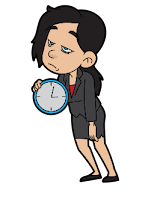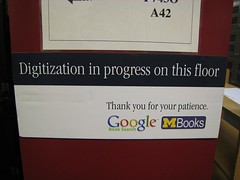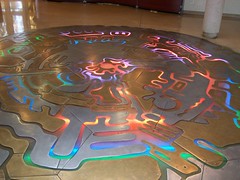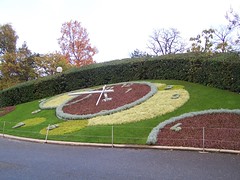 When I recognized the tell tale signs this summer of decision fatigue in my life, I was seeing something that I'd heard about. I remembered reading about it, but I didn't that it applied to me. My first clue was that making lunch (to take to work) became a chore. I got over that hump by making Mason Jar Salads.And then decision fatigue returned this summer. Sigh.
When I recognized the tell tale signs this summer of decision fatigue in my life, I was seeing something that I'd heard about. I remembered reading about it, but I didn't that it applied to me. My first clue was that making lunch (to take to work) became a chore. I got over that hump by making Mason Jar Salads.And then decision fatigue returned this summer. Sigh.Decision fatigue has a companion which is trying to keep track of too much in your head. Every team member, project manager and everyday human does this. And in our 24x7 world, with projects that get larger and longer, those details - and to-do's - are hard for your head to keep track of. You mind is constantly trying to ensure that it is remembering everything. For project managers, remembering "everything" is seemingly important because you never know when someone will ask you a question about the project. However, it's time to give your mind some help, so it will be less fatigued.
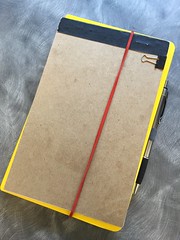 |
| My companion |
By the way, a very practical example of this is my syllabus. I tell my graduate students that I will refer to the syllabus when they ask me a question about an assignment or about the class schedule. Why? Because I've placed all the details in that document so I don't have to remember them. When I refer to the document, I know that I'll be consistent - okay, more consistent - in my answers.
Going back to the to-do list, if you're keeping a simple list and have not discovered how to better organize it OR how to better get all the to-do's on it, I highly recommend the book by David Allen entitled Getting Things Done: The Art of Stress-Free Productivity
Okay...so today's homework is for you to think about where you're keeping the information that you need to remember. Are you relying on your head? Could some of that information go on your device or on paper? If yes, adopt a tool (or tools) that you want to try out and give it a go.
Part 3 is coming tomorrow!
Resources:
- Getting Things Done: The Art of Stress-Free Productivity
- Podcast #3 – David Allen guides you through a Mind Sweep
- Transcript, Recording (23 minutes) [URL updated 10/1/2015]
Note: I'm an Amazon Associate, which means if you click on the Amazon link and make a purchase, I'll get a tiny commission. Tiny.
